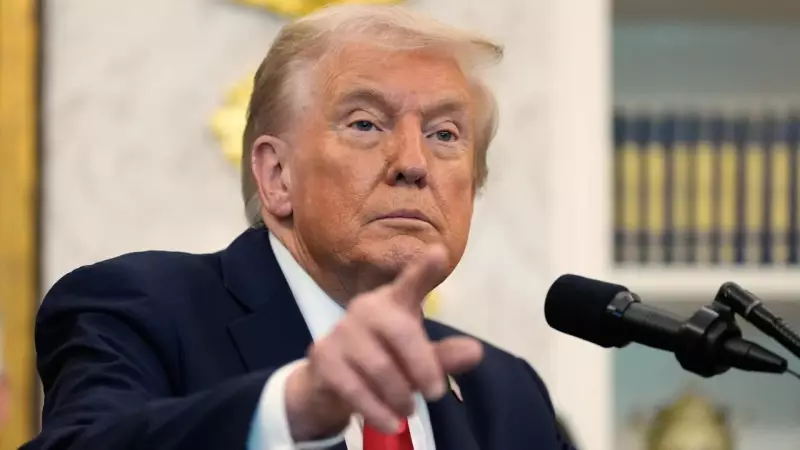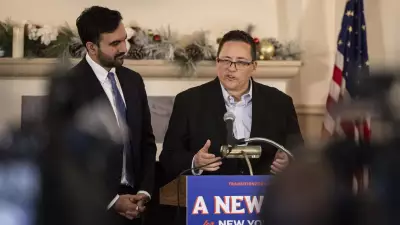
In a move that's raising eyebrows across global diplomatic circles, the United States has decided to skip high-level participation at the upcoming COP30 climate conference scheduled to be held in Brazil. This decision marks a significant departure from traditional US engagement in international climate negotiations.
Direct Diplomacy Over Multilateral Forums
Rather than sending top administration officials to the United Nations climate talks, former President Donald Trump has opted for a different approach. Sources indicate he plans to engage directly with world leaders on energy issues through bilateral channels.
This strategy represents a fundamental shift in how the US might approach global climate diplomacy under a potential Trump administration. The direct leader-to-leader engagement model could potentially bypass the complex multilateral negotiation processes that characterize events like COP summits.
Global Reactions and Implications
The decision is likely to generate mixed reactions from the international community. While some nations might appreciate more direct communication channels, others could view this as undermining the collective approach to addressing climate change.
Brazil, as the host nation for COP30, now faces the challenge of navigating this diplomatic situation. The absence of high-level US representation could impact the summit's dynamics and potentially influence the participation decisions of other nations.
Energy-Focused Engagement
The emphasis on energy issues in Trump's planned direct engagements suggests a continued focus on energy security and development rather than exclusively on emission reduction targets. This approach aligns with the former president's previous energy policies that prioritized American energy independence.
This development comes at a critical time for global climate action, with many nations pushing for more ambitious targets and faster implementation of existing commitments.





